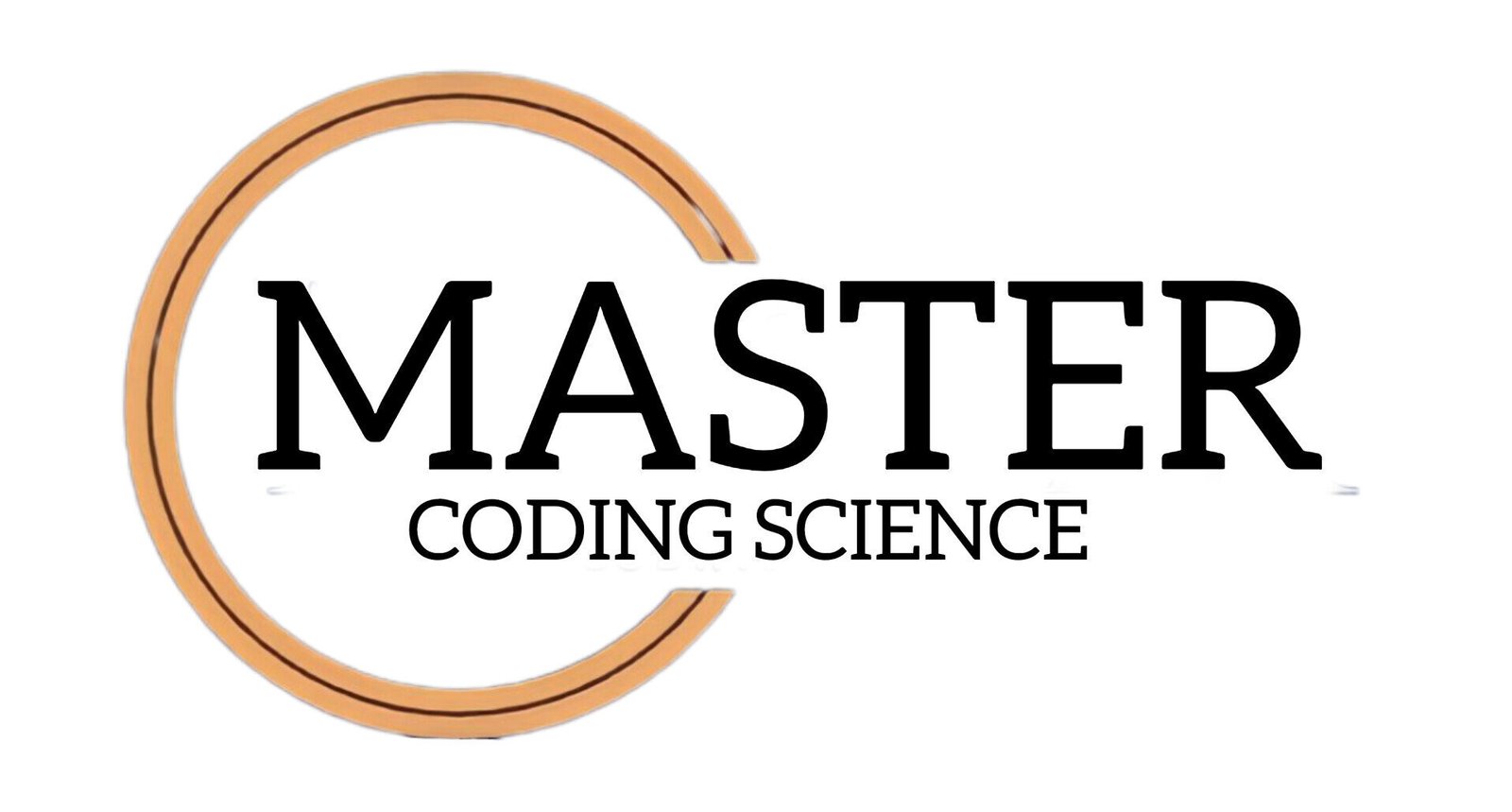Booleans in C represent true or false values. They are essential for decision-making and controlling program flow. Let’s explore how booleans work in C with simple explanations and examples.
What Are Booleans in C?
In C, a boolean is used to represent logical values:
- 0 means false.
- Non-zero values (like 1) mean true.
Unlike some other programming languages, C does not have a built-in boolean type. However, C allows boolean-like behavior using integers.
Adding Boolean Support
You can use the bool type by including the <stdbool.h> header file. This makes your code more readable and allows the use of true and false.
Example of Boolean in C
Here’s how you can use booleans with and without <stdbool.h>.
Using <stdbool.h>:
#include <stdio.h>
#include <stdbool.h>
int main() {
bool isProgrammingFun = true;
bool isHomeworkDone = false;
if (isProgrammingFun) {
printf("Programming is fun!\n");
}
if (!isHomeworkDone) {
printf("You need to finish your homework.\n");
}
return 0;
}Without <stdbool.h>:
#include <stdio.h>
int main() {
int isProgrammingFun = 1; // 1 is true
int isHomeworkDone = 0; // 0 is false
if (isProgrammingFun) {
printf("Programming is fun!\n");
}
if (!isHomeworkDone) {
printf("You need to finish your homework.\n");
}
return 0;
}Boolean Operators
C provides several operators to work with booleans:
| Operator | Description | Example |
|---|---|---|
&& | Logical AND | (x > 0) && (y > 0) |
|| | Logical OR | (x > 0) || (y > 0) |
! | Logical NOT | !(x == y) |
Example: Using Boolean Operators
#include <stdio.h>
#include <stdbool.h>
int main() {
int a = 5, b = 10;
if (a > 0 && b > 0) {
printf("Both numbers are positive.\n");
}
if (a == 5 || b == 5) {
printf("At least one number is 5.\n");
}
if (!(a == b)) {
printf("a and b are not equal.\n");
}
return 0;
}Using Booleans in Conditional Statements
Booleans are commonly used in if and while statements to control program flow.
Example:
#include <stdio.h>
#include <stdbool.h>
int main() {
bool isRainy = true;
if (isRainy) {
printf("Don't forget your umbrella!\n");
} else {
printf("Enjoy the sunshine!\n");
}
return 0;
}Using Booleans in Loops
Booleans can also control loops.
Example with while:
#include <stdio.h>
int main() {
int count = 0;
while (count < 5) {
printf("Count is %d\n", count);
count++;
}
return 0;
}Real-Life Example: Boolean Logic in Programs
Let’s see a practical example. This program checks if a number is both positive and even.
Code Example:
#include <stdio.h>
#include <stdbool.h>
int main() {
int number;
printf("Enter a number: ");
scanf("%d", &number);
bool isPositive = (number > 0);
bool isEven = (number % 2 == 0);
if (isPositive && isEven) {
printf("The number is positive and even.\n");
} else {
printf("The number is either not positive or not even.\n");
}
return 0;
}Booleans in Functions
You can return boolean values from functions to simplify logical checks.
Example:
#include <stdio.h>
#include <stdbool.h>
bool isEven(int num) {
return num % 2 == 0;
}
int main() {
int number;
printf("Enter a number: ");
scanf("%d", &number);
if (isEven(number)) {
printf("%d is even.\n", number);
} else {
printf("%d is odd.\n", number);
}
return 0;
}Type Conversion and Booleans
In C, any non-zero value is considered true, while zero is false. This means that even if you don’t use <stdbool.h>, conditions will work correctly as long as you use integers.
Example:
#include <stdio.h>
int main() {
int value = 7;
if (value) {
printf("This is true because value is non-zero.\n");
}
value = 0;
if (!value) {
printf("This is true because value is zero.\n");
}
return 0;
}Benefits of Using Booleans
- Improves Readability: Using
trueandfalsemakes your code easier to understand. - Simplifies Logic: Boolean expressions help reduce complex conditions.
- Avoids Errors: Clear boolean checks make programs less error-prone.
Conclusion
Booleans play a vital role in making decisions within your programs. Whether controlling loops, evaluating conditions, or simplifying your code, they are an essential tool for any C programmer. For more insights and practical coding tips, visit Master Coding Science at mastercodingscience.com.
